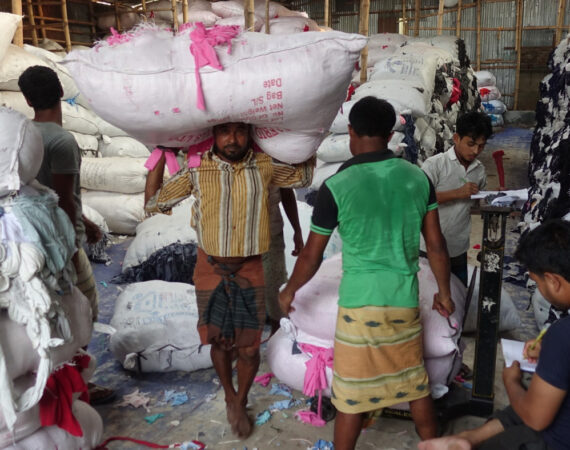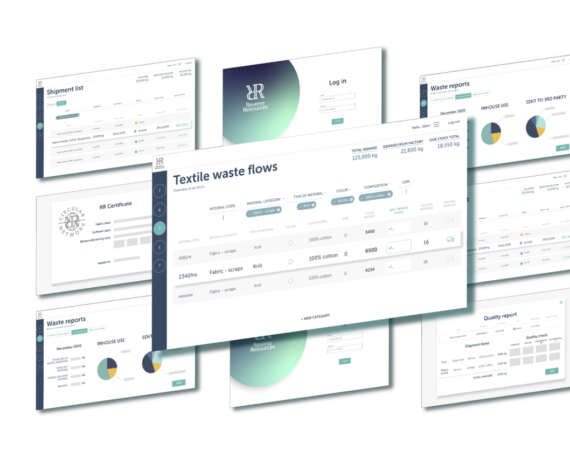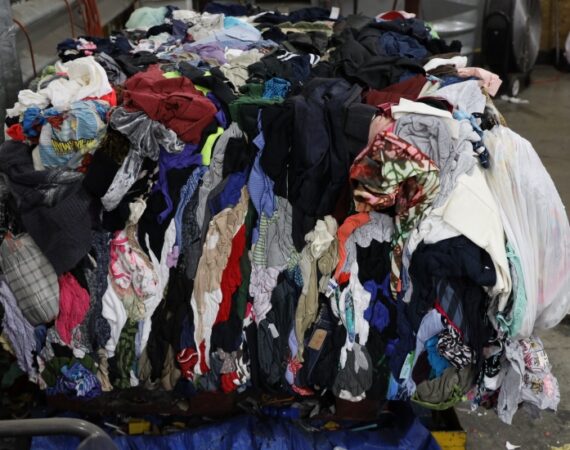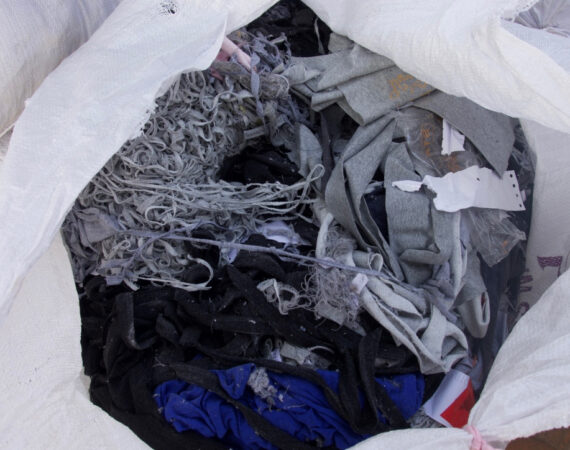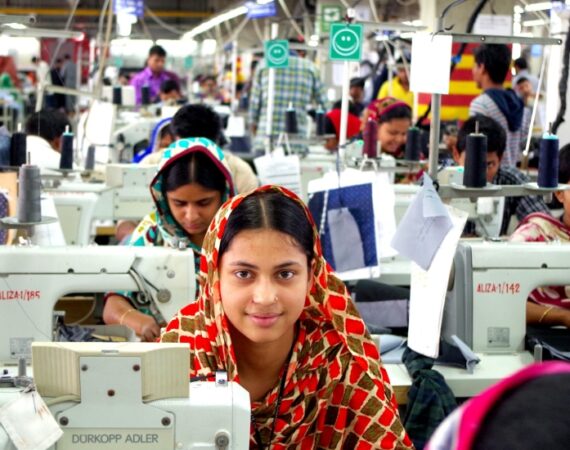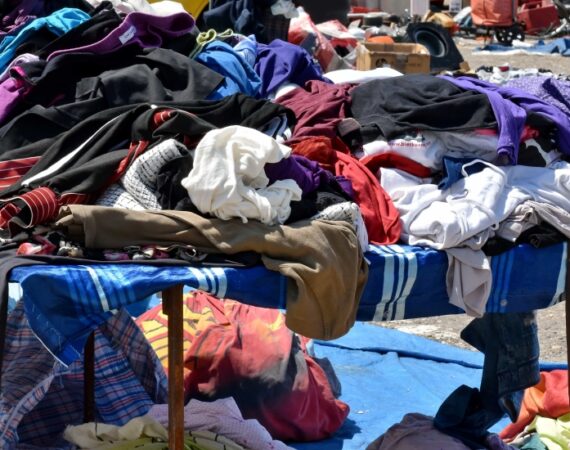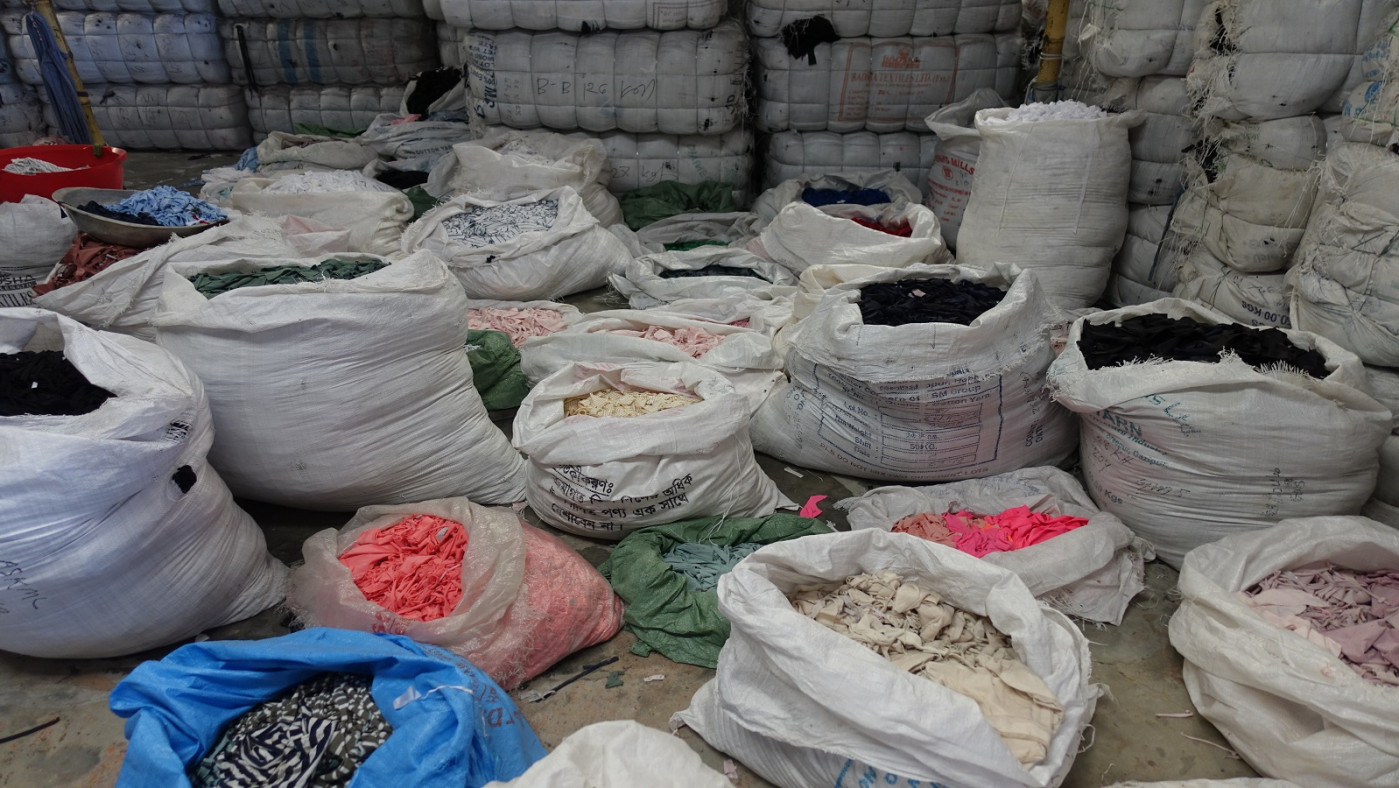
Reverse Resources
Building networks for textile waste to find best recycling opportunities and build circularity for fashion.
- Female Founder, SaaS, SDG&Impact
- Series A
Location
Tallinn, Estonia
Revenue size
EUR 700,000 in 2022
Year founded
2014
Funding raised
EUR 2.3 million
Founders
Ann Runnel
Most relevant investors
Angel investors from Estonia, Singapore, Bangladesh
Team size
17
Problem
Over 50 million tonnes of textile waste is generated each year globally. Concurrently, a plethora of new recycling technologies is entering the market, which has the potential to recycle at least 80% of this waste within the next 10 years. But recyclers have a problem - accessing the exact type of waste they need for their recycling technologies. The main reason is the absence of transparent and predictable supply chains.
SOLUTION
Reverse Resources has developed a SaaS platform that offers digital tools for efficient supply chain management, matchmaking, and tracing of the waste. Their real-time data and market insight help turn textile-to-textile recycling into a transparent and globally scalable business opportunity.
Through the platform, Reverse Resources is able to digitize data on textile waste flows which enables the entire supply chain to track, trace and valorize textile waste. In this process, they connect fashion brands, manufacturers, waste handlers, and recyclers thereby building the infrastructure to scale circular supply chains.
KEY CUSTOMERS AND INTERNATIONAL PRESENCE
The solution provided by Reverse Resources is intended to assist actors throughout the textile supply chain, including manufacturers, waste handlers, and recyclers. Currently, Reverse Resources’ platform is being used on a daily basis for data sharing between 11 large global brands, 8 recyclers, 3 waste handlers, and 130 manufacturers across five continents, and the network is covered with research on waste volumes and emerging recycling capacity covers 20+ countries and 1500+ suppliers.
Team
Ann Runnel is the functioning CEO and founder of the company and has been researching eco-innovation in the textile industry since 2010, in pursuit of understanding how great sustainable innovations could be scaled up. With her background in economics, she is driven by the question of how a circular economy can be set up profitably and efficiently on a global scale.
Nin is the cofounder and the Chief Programme Officer of Reverse Resources, and has previously worked with her own upcycled, designed brand, Goodone, for 8 years. Since joining Reverse Resources in 2017, she has been leading the development of the network of waste suppliers, handlers, and recyclers. Nin is leading their collaboration projects across Europe, Asia, and Africa.
Unique selling point
Although the platform is solving the problem of recyclers getting access to waste, however the key value proposition lies towards allowing brands to “govern” their waste and connect it with recycling.
Reverse Resources' unique selling point is helping brands to quantify their volume and availability of waste type by the textile type that they can then offer to their recycling partners, while managing the complex relationships and risks involved in long global supply chains.
Asia Connection
The headquarter of Reverse Resources is based in Estonia, however, since the inception of the company, they have focused on the large garment production markets in South-East Asia, where the largest volumes of cotton waste are available. Reverse Resources has already established a strong Asian presence, where they have launched their first branch offices in Bangladesh and India. Through a close collaboration with large brands, and their sourcing departments in different countries, the company is now also active in China, Turkey, and Indonesia, with the next launching project being in Vietnam and Pakistan.
